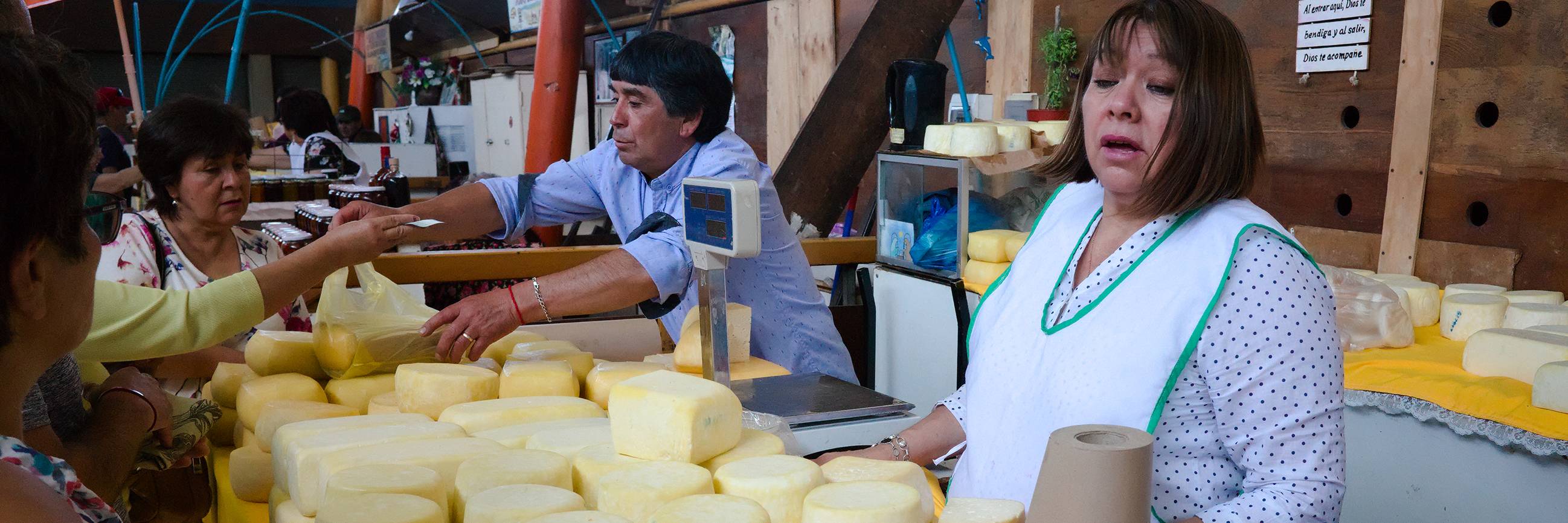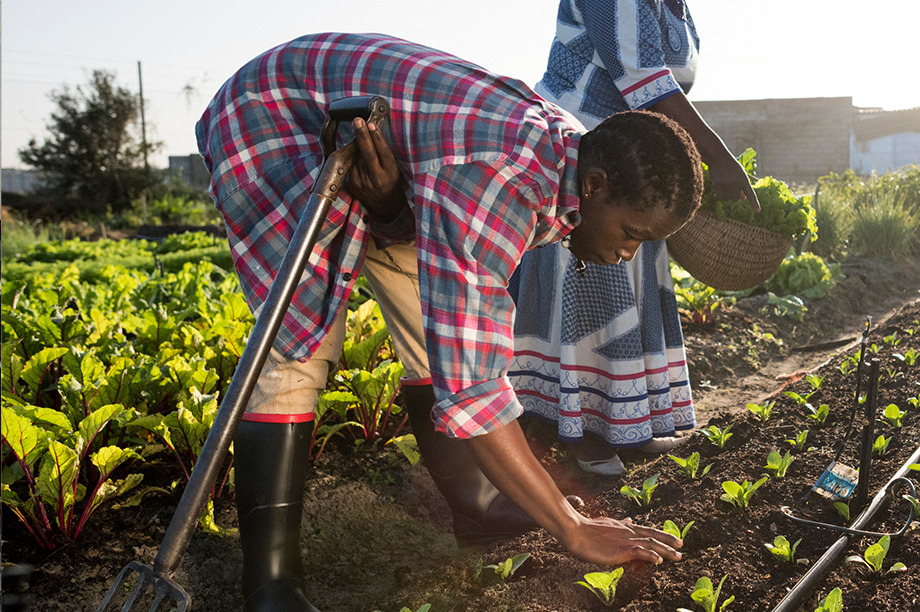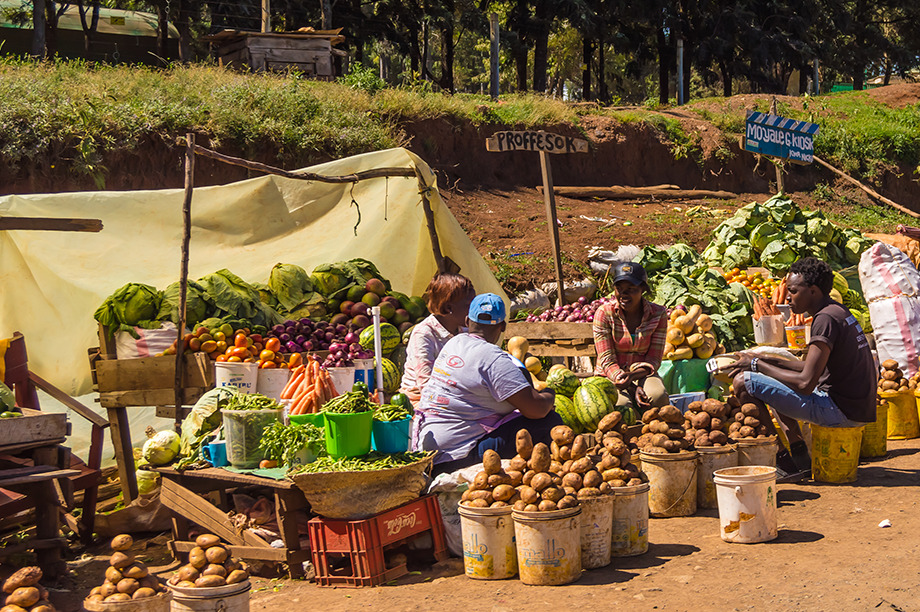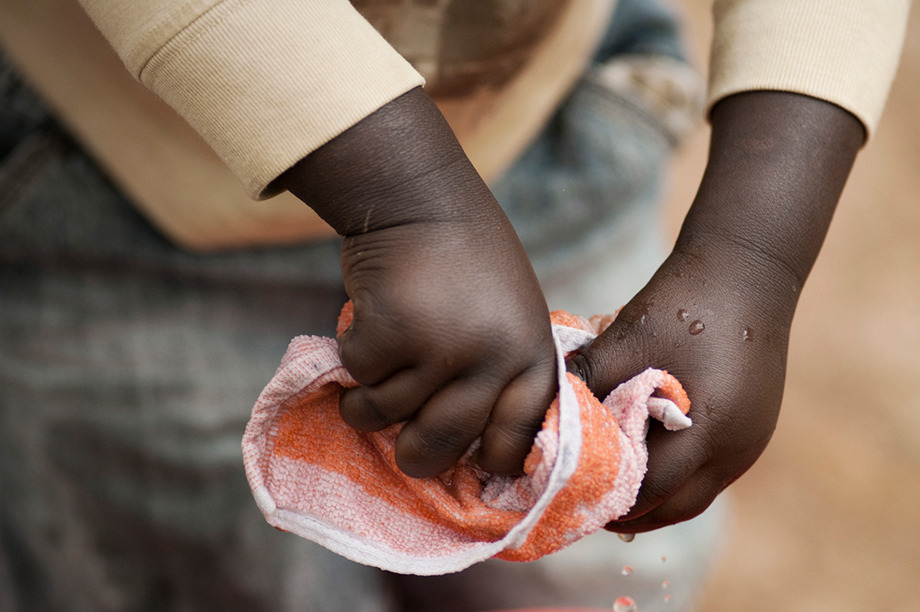Dina Pomeranz
Assistant Professor of Microeconomics, endowed by the UBS Center
Zurich ZCED

Poverty is often characterized not only by low and unstable income, but also by heavy debt burdens. In a randomized field experiment with over 3,500 low-income micro-entrepreneurs in Chile, we find that providing access to free savings accounts decreases participants’ short-term debt. In addition, participants who experience an economic shock have less need to reduce consumption, and subjective well-being improves significantly. Precautionary savings and credit therefore act as substitutes in providing self-insurance, and participants prefer borrowing less when a free formal savings account is available. Take-up patterns suggest that requests by others for participants to share their resources may be a key obstacle to saving.
Assistant Professor of Microeconomics, endowed by the UBS Center
Zurich ZCED
Pontificia Universidad Católica de Chile







